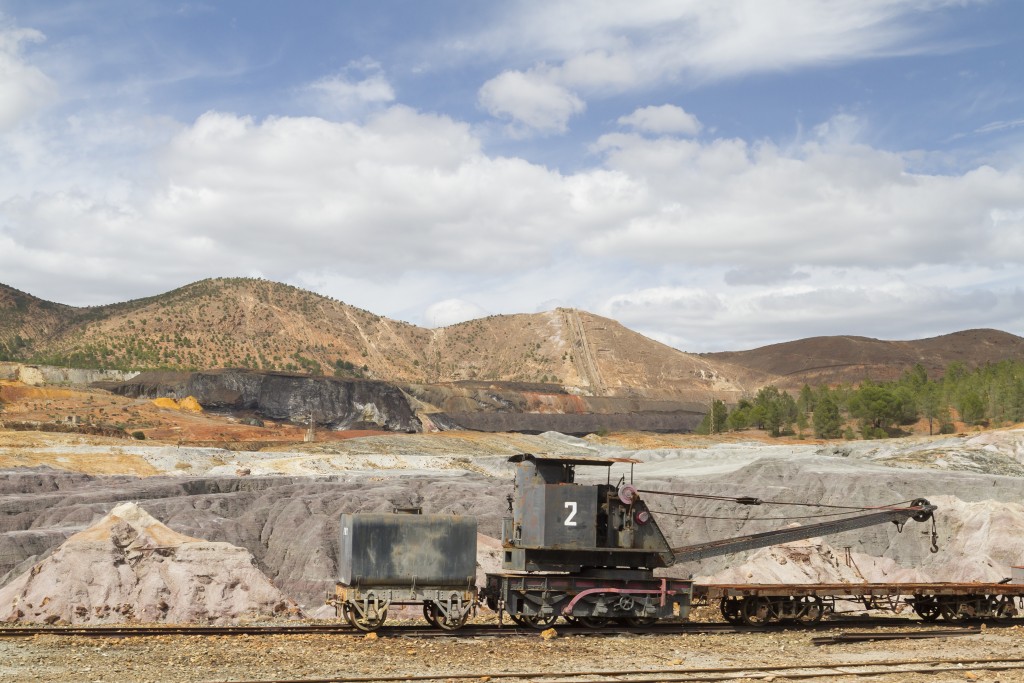
In a joint statement released Wednesday by the Center for Climate and Energy Solutions, 14 major Fortune 500 companies voiced their support for a strong global agreement on climate change. The 14-company coalition represents a broad set of business interests, from technology giants like Intel and HP to the electronics manufacturer Siemens Corporation.
But the letter also includes supporters that might not seem like the most natural allies to a global climate agreement, including coal mining companies like BHP Billiton and Rio Tinto, oil and gas companies like BP and Shell, and industrial manufacturers like Alcoa and LafargeHolcim. Together, the companies have a combined revenues of $1.1 trillion and employ more than 1.5 million people, according to the Center for Climate and Energy Solutions.
“These are companies with real skin in the game – either they’re large emitters or their products are,” Center for Climate and Energy Solutions President Bob Perciasepe said in a statement. “They know emissions need to come down and are taking steps on their own. But they believe the low-carbon transition requires stronger leadership from governments, too.”
In the statement, the companies outline four ways that a climate agreement in Paris could “strengthen the role of, and minimize risks to, the private sector.” These include providing long-term direction when it comes to decarbonizing the global economy, requiring countries to be transparent about their policies, requiring all the world’s major economies to be a part of the deal in order to ensure comparability across the world, and facilitating the growth of a global carbon market, which the statement calls a “critical tool for cost-effective emissions reduction.”
“They want some clarity, transparency, and predictability in policy response to climate change, because that helps them better prepare their investments,” Tim Juliani, senior director for business strategy and partnerships at the Center for Climate and Energy Solutions, told ThinkProgress. “They recognize that policy is moving forward, and they want to see a comparability of efforts across economies.”
The companies in support of the statement join a growing wave of corporations that have called for climate action in advance of the Paris talks. In early October, leaders from ten of the world’s biggest food companies published a letter to Congress, urging leaders to “meaningfully address the reality of climate change.” Earlier this summer, seven oil companies submitted climate pledges to the United Nations. And, earlier this spring, the heads of BP, Shell, BG Group, Statoil, Eni, and Total — the world’s top oil producers — wrote a letter to U.N. climate chief Christiana Figueres voicing their support for an international climate agreement.
“Statements such as these show that there is strong business support for a global climate agreement,” Juliani said. “You can see real momentum building for a strong agreement in Paris, and that’s an important trend that I think will continue.”
As the Paris conference nears — and countries continue to submit individual pledges in advance of the meeting — the Sierra Club’s John Coequyt thinks more businesses could be pulled along by global momentum.
“With clean energy booming and emissions reduction commitments rolling in from around the globe, it’s simply not an option for any company to effectively stop the momentum building toward a significant climate deal in Paris,” Coequyt, Sierra Club’s director of federal and international climate programs, told ThinkProgress.